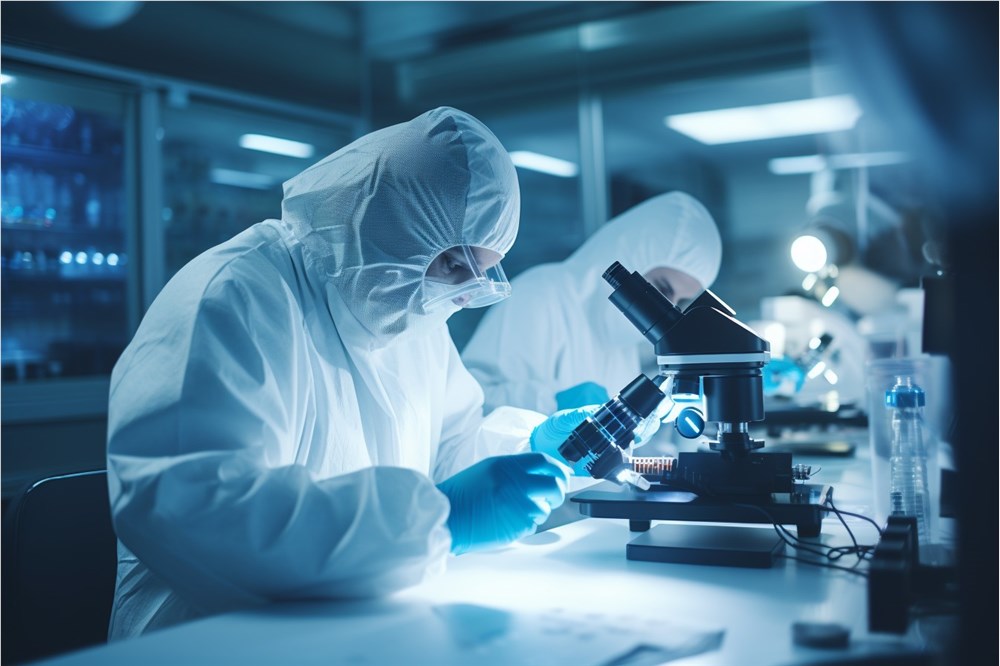The drug development process is time-consuming and expensive, and it also faces ethical controversy, especially relying on animal experiments. To solve these problems, Professor Patrick Muller's team from the University of Konstanz in Germany developed an automated evaluation method called "EmbryoNet-AI", aiming to replace traditional animal experiments and improve drug research and development efficiency. The project received a funding of 150,000 euros by the European Research Council, which will effectively promote the further development and application of EmbryoNet-AI.
Drug discovery and development are key links in pharmacological research, but this process still relies on a large number of animal experiments. Animal experiments not only face ethical problems, but are also expensive and time-consuming. To reduce the impact of these problems, Professor Patrick Muller of the University of Konstanz and his team are developing an automated evaluation method called "EmbryoNet-AI" to replace traditional animal experiments and greatly enhance drug development. efficiency.
Professor Mueller recently received a €150,000 “proof of concept” funding from the European Research Council (ERC) to support the progress of his research project. EmbryoNet is developed based on its research results in the "ACE-OF-SPACE" project. The software can automatically detect defects in animal embryos during development, greatly improving detection speed and accuracy.

The advantage of EmbryoNet is that it not only recognizes potentially harmful substances in the early stage of drug screening, but also analyzes the mechanism of action of the drug. Mueller said EmbryoNet even surpassed human experts in accuracy. The research team used zebrafish embryos to conduct related experiments in 2023 for the first time, and the results were published in the journal Nature Methods. They then extended the software to organoids, which are bionic tissues cultured in the laboratory using human stem cells and can serve as a model for drug research.
With the support of ERC, the Mueller team will continue to improve EmbryoNet’s AI model, expand its capabilities, and plan to build an online platform that allows users around the world to use the software. Through close collaboration with other researchers, industrial partners and relevant regulatory agencies, the team hopes to ensure that the platform meets user needs and compliance requirements, ultimately making EmbryoNet a market-oriented product.
EmbryoNet's fully automated nature allows pharmaceutical companies to integrate it directly into the research process, enabling high-throughput testing of hundreds of substances, quickly assessing their impact on specific organs or developmental processes without the need for cumbersome animals. experiment. This innovative approach not only reduces the number of animal experiments, but also significantly shortens the drug development cycle and reduces research costs. Professor Mueller believes that in the long run, EmbryoNet will completely change the landscape of drug development.
The successful development of EmbryoNet-AI will bring revolutionary changes to drug research and development, reducing animal experiments, accelerating drug research and development process, reducing costs, and ultimately benefiting human health. This technological advancement is worth looking forward to and is expected to be widely used in the pharmaceutical industry in the future.